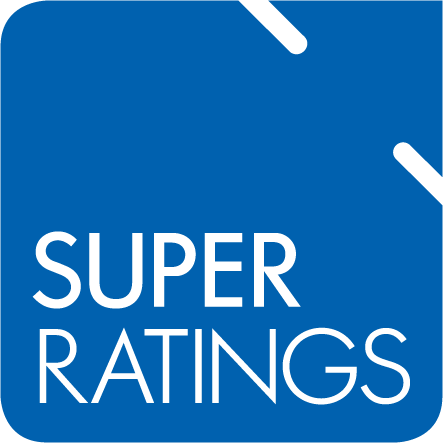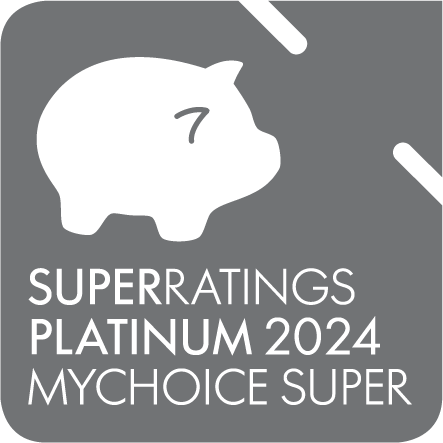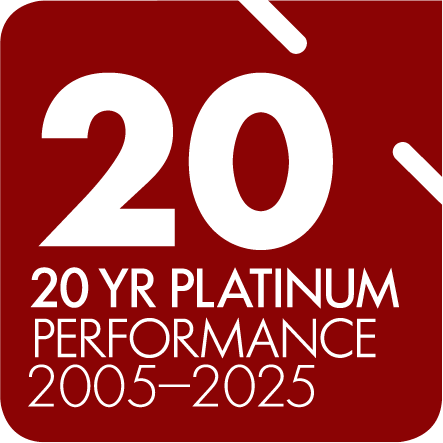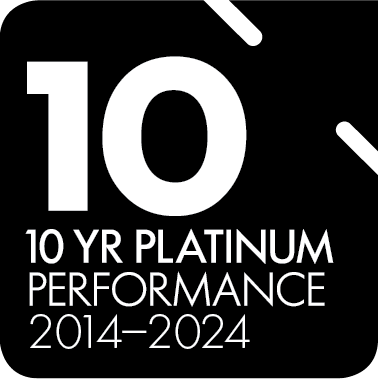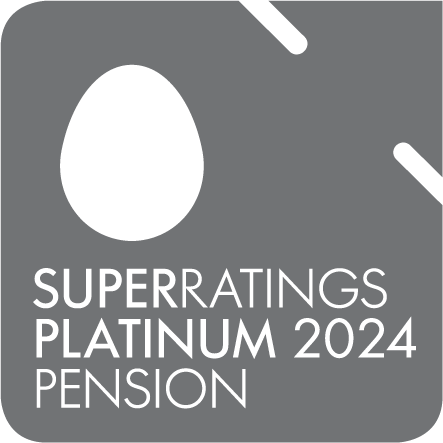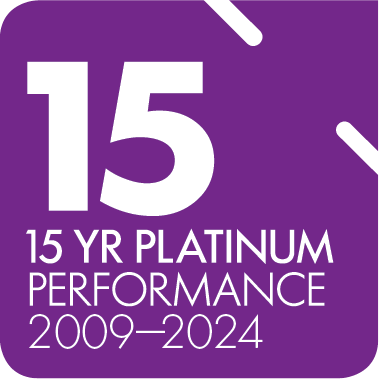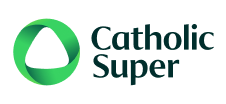Catholic Super continues to deliver strong, long-term investment returns for members, achieving top ten results in 2025, as ranked by Chant West.
This marks the third consecutive year of double-digit performance in our default option and further builds on the strong long-term returns we’re delivering for members.
Download our report and watch our quarterly update video with Chief Investment Officer, Andrew Howard, as he explains how our diversified approach positions members well for both the opportunities and risks ahead in 2026.
We have a range of resources on our website to help you better understand market uncertainty, and the strategies we use as a Fund to help keep your retirement savings on track.
If you’ve got questions about how your super has performed, or any general queries about your account and your super in general, our team is here to help. Contact us online at any time, or give us a call on 1300 655 002, Monday to Friday 8:30am to 6:00pm AET.
We’re investing your money for the long term
As a Fund, we take a long-term view when it comes to managing your investments. In fact, we’ve been managing retirement savings for our members for more than 50 years. We know that markets will go up and down over shorter time frames, and sometimes those shifts will be significant. But history and experience have shown us time and again that markets do eventually bounce back. We continue to believe that patient investors tend to be rewarded over time.
Central to our overall investment strategy is our steadfast emphasis on diversification. Not only does it allow us to combat the impacts of continuing volatility, it also better positions us to take advantage of investment opportunities as and when they arise – even in times of uncertainty.
View investment returns
With a long-term view and a focus on delivering consistent, long-term returns, our investment approach is designed to deliver the best possible outcomes for your retirement.
Issued by Togethr Trustees Pty Ltd ABN 64 006 964 049, AFSL 246383 ("Togethr"), the Trustee of Equipsuper ABN 33 813 823 017 ("the Fund"). Catholic Super is a division of the Fund. The information contained is general advice and information only and does not take into account your personal financial situation or needs. You should consider whether this information is appropriate to your personal circumstances before acting on it and, if necessary, you should seek professional financial advice. Where tax information is included, you should consider obtaining taxation advice. Before making a decision to invest in the Fund, you should read the Product Disclosure Statement (PDS) and Target Market Determination (TMD) for the product which are available at csf.com.au. Financial advice may be provided to members by Togethr Financial Planning Pty Ltd (ABN 84 124 491 078 AFSL 455010) – a related entity of Togethr. Past performance is not a reliable indicator of future performance.

